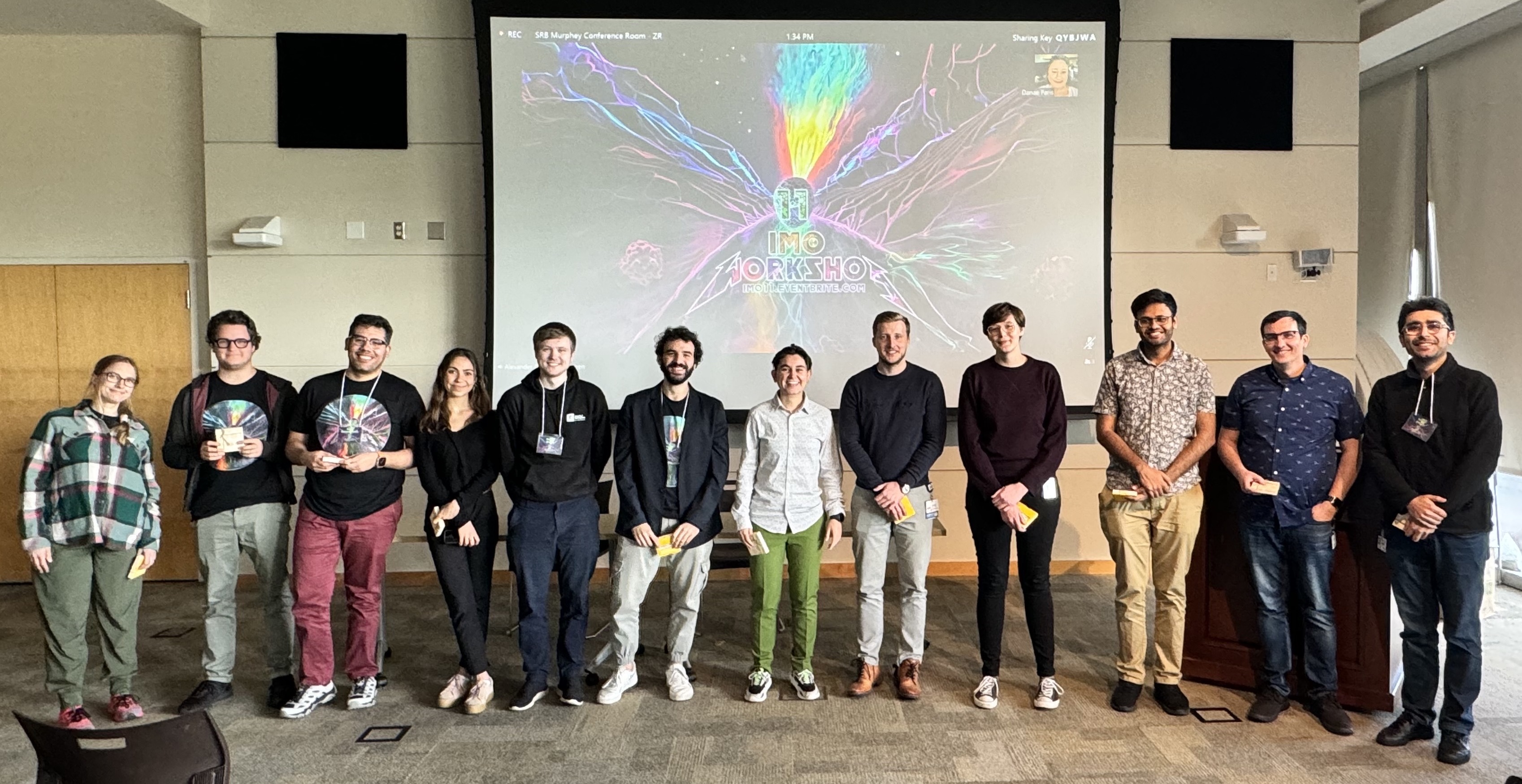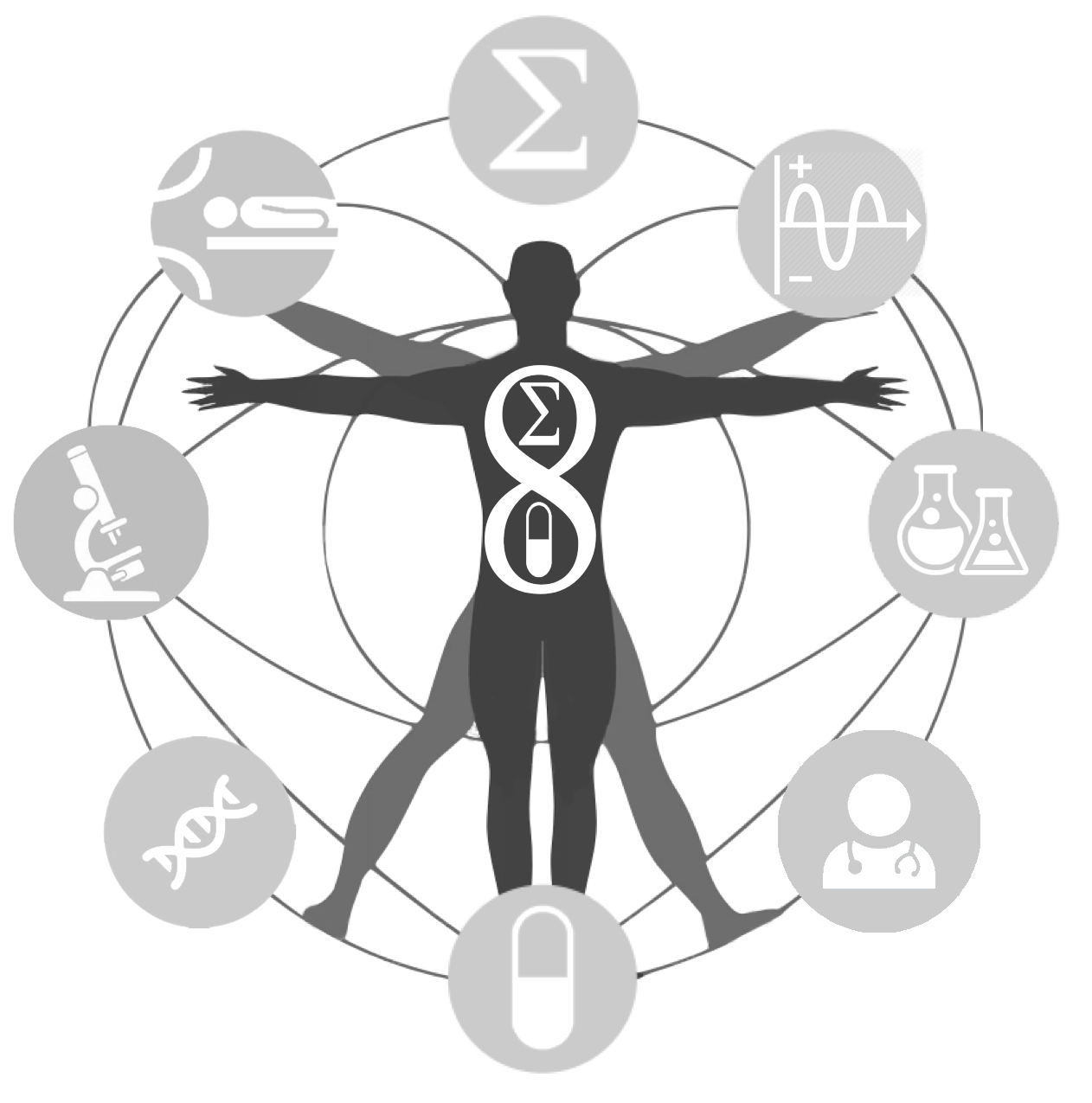IMO 11: Steering Evolution/Extinction

Steering Evolution/Extinction
Moffitt Cancer Center under the auspices of the Center for Evolutionary Therapy has been developing evolutionary therapies with the goal of control or cure. Recent clinical trials in a number of cancers have shown the significant impact of neoadjuvant therapies on clinical outcome. Specifically, by giving a traditional adjuvant therapy in the neoadjuvant setting (e.g. Immunotherapy) has led to extended progression free survival and in some cases cure. This raises the possibility that by sequencing and combining drugs in a smarter, evolutionary informed, manner can lead to complete eradication of the cancer i.e. tumor extinction. A major open question is how best to steer and evolving cancer therapeutically? This motivates many more questions: (i) Which drug should be given 1st? (ii) When should the next drug be added or switched to? (iii) When can we stop treatment overall; (iv) Which drugs are best given in combination versus in sequence; (v) Should dosing be modulated or treatment holidays be implemented or both; (vi) Should we aim for control or extinction from the start and can we change this choice during therapy? (vii) How should toxicity impact these decisions? Therefore, the ambitious focus of this year's workshop is to try, in under week, to come up with novel therapuetic strategies, across a number of cancers, with the explicit goal of steering evolution toward extinction or control.
Presenting the Research Question
Team Pink
It’s time to define the questions for the @imoworkshop and first up is #TeamPink #MoffittIMO pic.twitter.com/sYAPYNnBjy
— Sandy Anderson (@ara_anderson) October 30, 2023
Team Blue
Next it’s #TeamBlue #MoffittIMO pic.twitter.com/1EBGZUobIN
— Sandy Anderson (@ara_anderson) October 30, 2023
Team Purple
Next it’s #TeamPurple #MoffittIMO pic.twitter.com/RjI1WJVEl5
— Sandy Anderson (@ara_anderson) October 30, 2023
Team Orange
Next it’s #TeamOrange #MoffittIMO pic.twitter.com/dD04cPqajk
— Sandy Anderson (@ara_anderson) October 30, 2023
Team Green
Last but not least is #TeamGreen #MoffittIMO pic.twitter.com/4kQmN1SGB8
— Sandy Anderson (@ara_anderson) October 30, 2023
And the winner is...
Team Purple!
The winning team receives a $50,000 pilot award, generously sponsored by the Moffitt Cancer Center.
Winning team: specific aims
Steering Cancer Extinction in MBC Using an Integrative Toxicity Metric
Click to download a pdf of the winning team's specific aims.
Each year, about 240,000 women and 2,100 men will be diagnosed with breast cancer in the US. Twenty to thirty percent of those treated for early-stage breast cancer will develop metastatic disease, which is not curable with standard of care and has a 5-year survival rate of just 29%. Treatment for metastatic breast cancer (MBC) involves administration of continuous therapy at maximal tolerated dose (MTD) until disease progression or the development of unacceptable toxicities. With standard of care, only 10% of MBC patients achieve complete radiologic response – known as “no evidence of disease” (NED) [3]. NED is a desired outcome because it is associated with increased overall survival (OS) and progression-free survival (PFS) in MBC patients. There is a dire need to identify more effective treatment paradigms that steer outcomes to NED, improve overall survival, and potentially eradicate the disease in a patient.
In contrast to the widely-accepted paradigm of treating MBC with MTD until progression, “first strike, second strike” sequential therapy (ST) involves the limited administration of multiple therapies—or strikes—modeled on evolutionary dynamics of human-induced extinctions. Mathematical models of this approach suggest that tumor eradication is achievable. We recently obtained funding for a pilot trial for ST at Moffitt Cancer Center (MCC 22617) entitled “A Pilot Study of Sequential (“First Strike, Second Strike”) Therapies Modeled on Evolutionary Dynamics of Anthropocene Extinctions, for Hormone Positive Metastatic Breast Cancer”. This is the first clinical trial to test whether sequentially administering multiple therapies—or strikes—with different mechanisms of action (MOA) is feasible and effective.
ST is aggressive and most beneficial when patients achieve NED rapidly with few treatment cycles, such that subsequent different treatments delivered in the NED state may eradicate remaining tumor cells. Drug holidays due to treatment toxicities must be minimized to increase the chances of achieving (1) NED and (2) disease eradication. Pre-clinical models show that dose-skipping algorithms (drug holidays) control disease less successfully compared with dose reductions without drug holidays. Currently, no methods exist to predict (1) which patients are likely to be successful in ST, (2) which will be unable to complete ST owing to toxicity effects, nor (3) how to optimally balance treatment aggressiveness with dose reduction to manage toxicity during ST to define the best regimen for a given patient. Drug toxicity effects vary among patients and have diverse manifestations. Toxicity is currently inferred from lab blood cell counts, liver enzyme levels, and subjective assessments of patient behavior and wellbeing. The new Storyline Health AI platform remotely captures over 20,000 micro-symptom measures from patient behavior, speech, and vocal patterns during daily or weekly smartphone assessments that, when integrated with standard toxicity measures, provide a more comprehensive and patient-centered toxicity score that is expected to improve treatment decisions. We hypothesize that incorporating systemic and Storyline AI toxicity measures with tumor burden metrics through an innovative clinical decision-making model will increase the proportion of patients who achieve NED and the likelihood of complete disease eradication. To investigate this, we propose the following aims:
Aim 1:
Define an integrative toxicity metric to monitor MBC patients and predict treatment responses and dose adjustments. Here, we develop a toxicity index and predictive model of future toxicity effects by combining standard blood-derived toxicity measures with routinely collected Storyline data. In preliminary work, a case study of one patient undergoing ST revealed robust predictions of treatment toxicity and thresholds for dose adjustment. We will collect systemic lab and Storyline data in our funded ST trial of 20-30 MBC patients to improve and test our toxicity metrics.
Aim 2:
Create a decision tool that adaptively integrates toxicity and treatment response metrics to reveal the optimal dose for each treatment cycle during ST to maximize the probability of success for each patient. Our proposed tool will model all possible drug doses for each treatment cycle for a patient and integrates predicted toxicity (Aim 1) and tumor killing effects (tumor marker/ctDNA data inputs) to provide a score that shows which dose should be selected at each decision point to steer the patient to the most rapid and safe path to NED during ST.
Impact:
Our preliminary work supports the feasibility of our approach, and our funded pioneering trial will provide the data necessary to build accurate ST decision models that optimally balance tumor cell killing with patient toxicity. With novel data, Storyline AI technology, and new models, we will build a transformative decision-algorithm that improves our ability to safely design and deliver ST. More broadly, our approach will help improve outcomes for MBC treatment.
And the runner up is...
Team Pink!
"AR-agonist pre-treatment enables evolutionary steering in metastatic ER+ breast cancer"
(Click to download a pdf of the runner up team's specific aims.)

The runner-up team also receives a $50,000 pilot award, generously sponsored by the Center for Evolutionary Therapy.
Watch Scientists Inc's Video Summary
Coming soon... Check out videos from the past years here.




